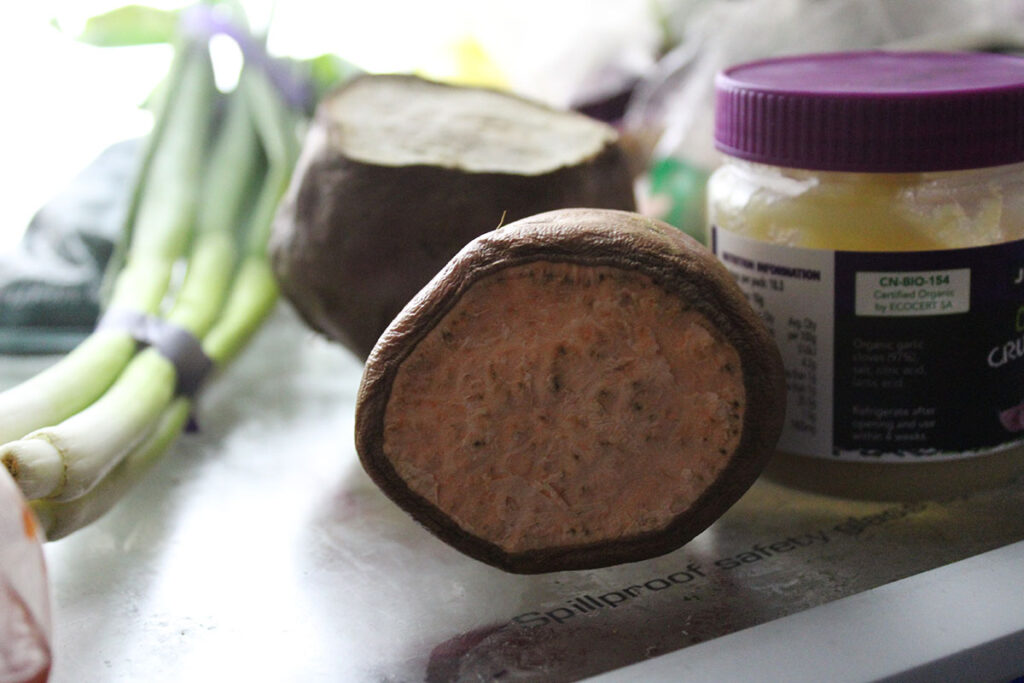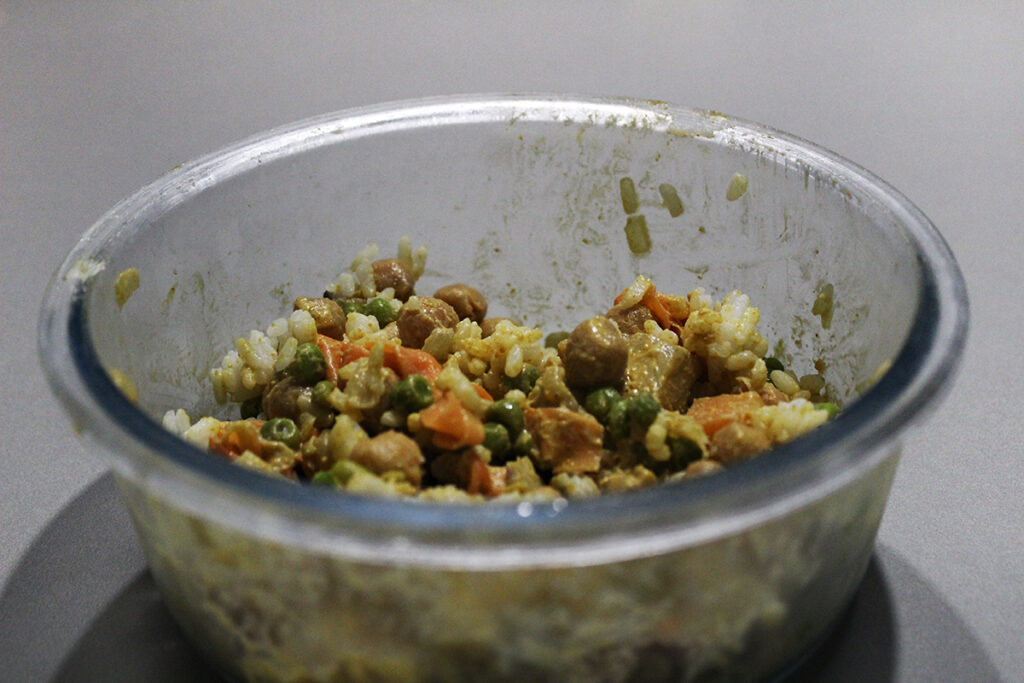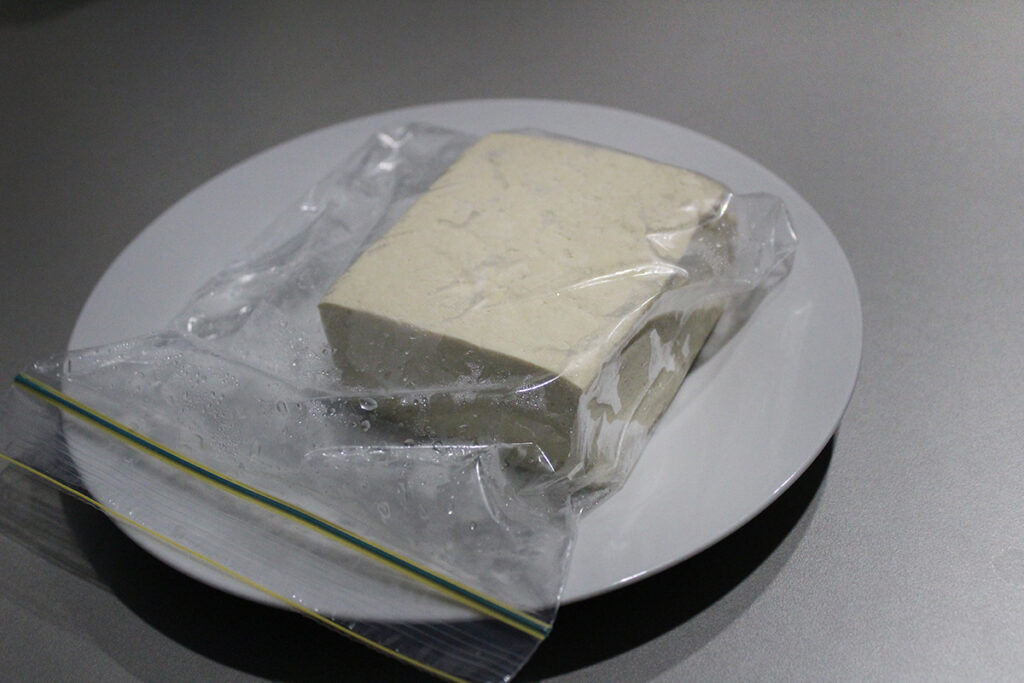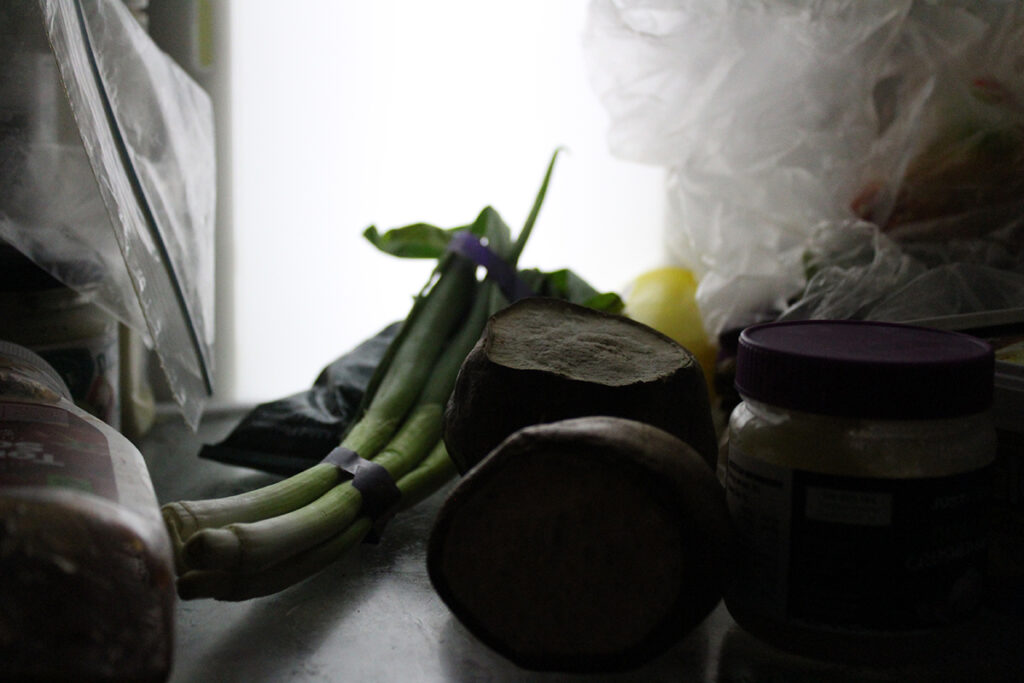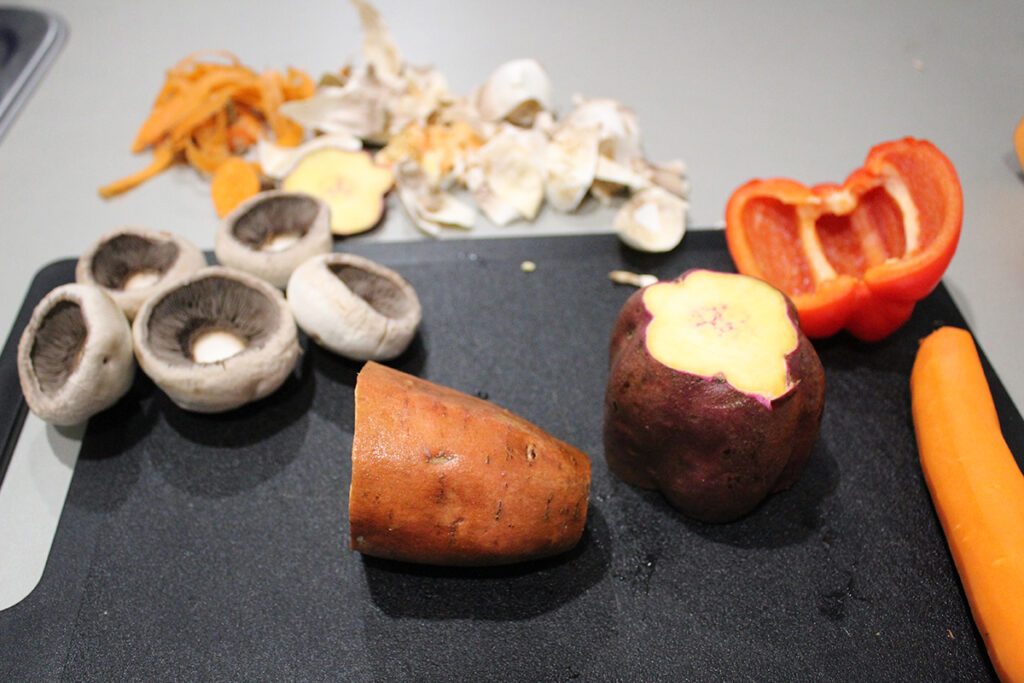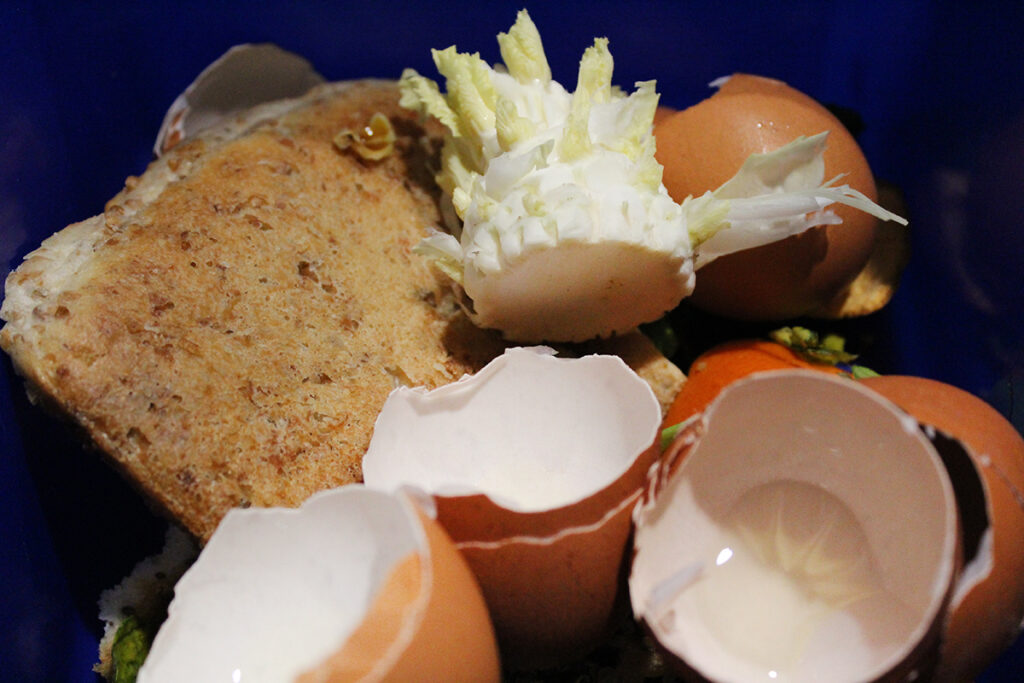Food waste transformed by Tronpost
Hamilton City Council excellent innovation Tronpost, converts food waste in compost.
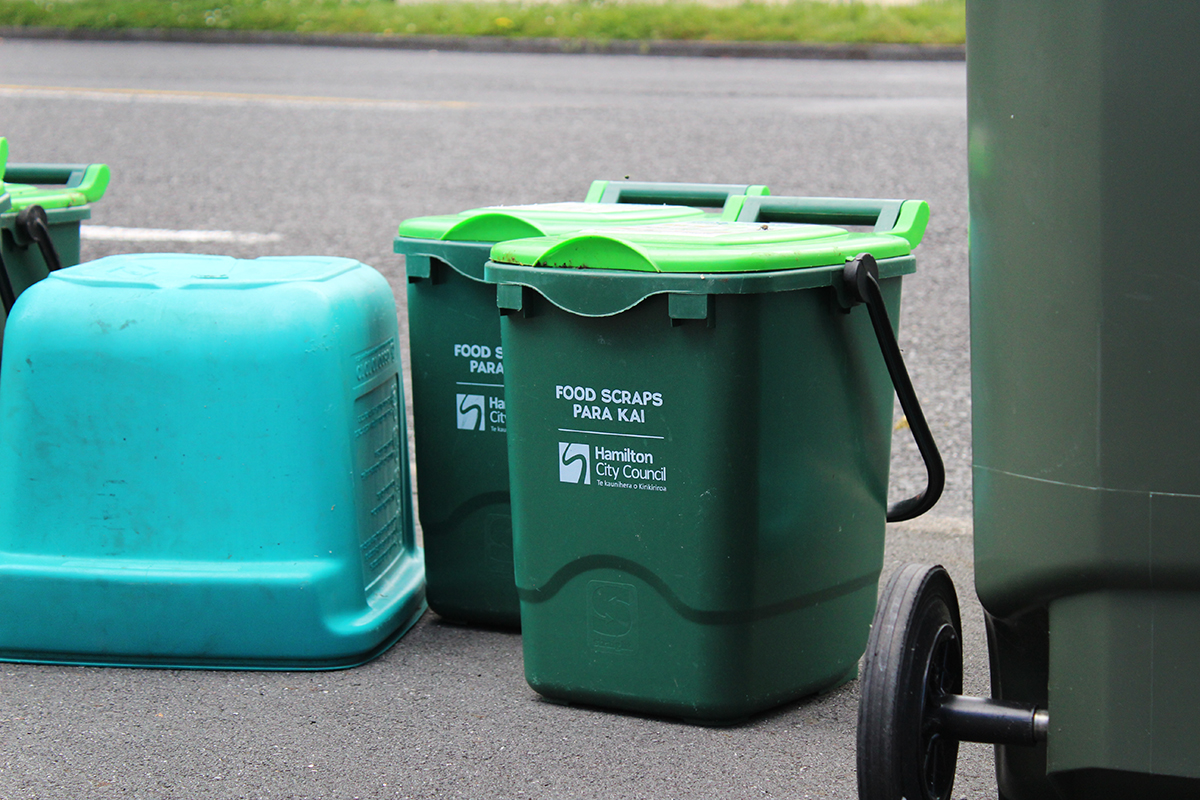
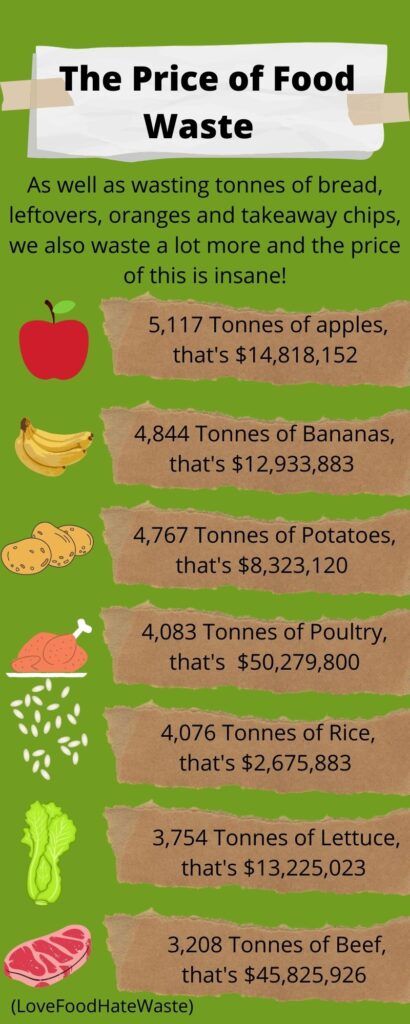
Food waste is an unavoidable problem with 157,389 tones going to landfill here in New Zealand each year. Food waste has a big impact in landfills as the methane gas released contributes to greenhouse gas emissions which also contributes to global warming.
New Zealand is one of the highest waste producers in the world and it’s due to our throw away culture which eventually pollutes the land, air, and water. According to lovefoodhatewaste , kiwis are wasting $1.17 Billion each year on food. That’s 15,174 tonnes of bread, 12,901 tonnes of leftovers and 6,302 tonnes of oranges and mandarins; even 2,577 tonnes of takeaway chips end up in landfill. Although that seems a lot, only 5% of New Zealand’s gross greenhouse gas emissions are impacted by waste.
But what is Hamilton doing about this?
I spoke with Belinda Goodwin, the Education Provider at Hamilton City Council. Goodwin explained, as of September 2020, Hamilton introduced curbside scrap bins to reduce food waste entering the landfill; which is composted at Hampton Downs Power and Resource Recovery Center.
Once the scraps leave our bins, it is mixed with green waste and shredded in a large machine. This material is put into bunkers for three weeks, and then placed in special bunkers which blow air to help break it down even further. Finally, the compost is screened to remove other contaminates and is then sold on to businesses. Hamilton council uses a portion of Tronpost in parks and gardens. This excellent innovation of turning food into compost is called Tron-post.
Keeping curbside recycling scrap bins free from contamination is key and essential as the recovery center at Hamptons Downs can’t process coffee cups, as these can impact the process of making Tronpost.
“I reckon the future is great, I’m really optimistic and it’s going to be a big win for the environment. We’re at a point where there’s going to be a big wave of change coming”
More and more businesses and individuals are aware of the need to reduce pollution for the environment and are collectively making small but conscious changes in the way they operate, which positivity benefits the environment.
As well as the service from the Hamilton City Council, there are community groups such as kaivolution who collect food and redistribute to people who need it in the Waikato, along with appropriate food banks and charities.
So while efforts have been made to control this growing issue, it is clear that householders need to take ownership and become conscience of food waste; as the problem won’t disappear overnight or next week, but change can happen now.
Wise Words from a Nutrition Student
Environmental enthusiast, Jade Carey, also a Naturopathy and Nutrition student, explains Tronpost is a great step in the right direction, while the new curbside collection service helps people to see how much of their food goes to waste each week.
“I absolutely love that the food waste gets turned into compost and used for the benefit of the planet.”
Carey explains the main cause of food waste is due to our modern lifestyle as people are busy and often prefer to eat out, which causes food to rot away in the fridge. Carey also believes there’s a lack of understanding of ways to prevent food waste, and how to properly dispose of foods through composting; and the impact food waste has on the environment.
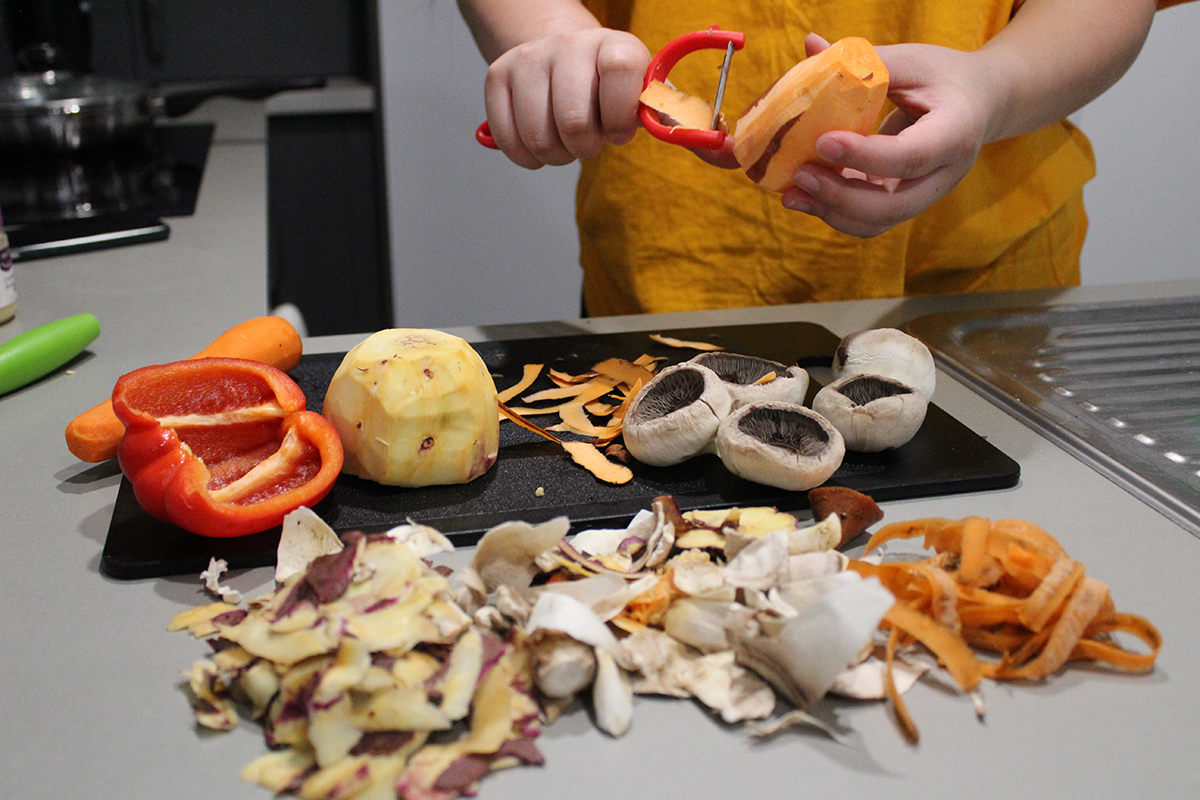
“I think if people understood how much money they are wasting when they throw food out, or the CO2 emissions that are released when it ends up in a landfill, then maybe they would be more likely to waste less.”
Carey explains her journey of acknowledging food waste has actually grown, as it wasn’t just one thing which brought the issue to her. She became aware of single use plastics and how detrimental food waste is to the planet if it ends up in our landfill.
Carey also believes some people aren’t aware of this issue and don’t think about it or they chose not to worry about it as it’s much easier to throw away food than to learn how to store, use and dispose of food.
From a nutritional perspective, a good tip to reduce waste for busy people is to have frozen options. Food items, such as frozen fruit and veggies carry great nutrient benefits and last longer than fresh organic produce, as fruit and veggies tend to rot quickly.
Carey explains her journey continues by making small changes to lead to the right direction. As Carey suggested, meal planning is a great way to only buy the foods you need as it saves money and wastage. Another great way is to start a compost bin as it disposes any food waste and does not pollute the planet.
Following on from Goodwin’s and Carey’s tips and advice of how to reduce waste, choosing versatile food such as potatoes and chicken can also help reduce waste. Chicken can be frozen and potatoes last months if stored right. Chicken can go in pasta, salads, wraps, roast dinners, and can be baked, grilled, fried and poached. Even the bones make excellent stock. Just like potatoes, which have all the same uses, however they can be mashed too. Remember small changed helps in the long run.


